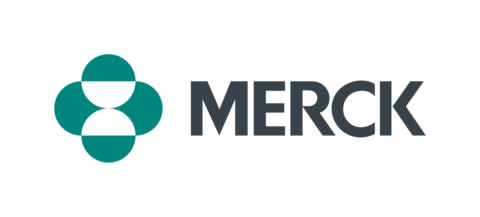
The road to drug discovery is long, arduous and littered with failure, but the payoff at the end makes it worth the trouble. It’s a lesson that India’s best pharmaceutical entre-preneurs knew all along. Yet, it took a Glenn Saldanha to prove it.
“We were always resilient in how we approached innovation. I think that’s what finally rewarded us,” Saldanha, chief executive officer and managing director of Glen-mark Pharmaceuticals Ltd, told Mint in an exclusive interview.
He was referring to one of the largest deals for an Indian bio-pharma firm after Glenmark’s Us-based unit Ichnos Glenmark Innov-ation (IGI) secured a $700million exclusive licensing agreement with Abbvie for its blood cancer drug candidate last week. Abbvie will also pay as much as $1.23 billion as various milestones are completed, as well as tiered, double-digit roy-alties on net sales.
ISB 2001, the investigational drug to treat multiple myeloma, has shown promise in phase-1 clinical trials. Of 35 patients who had exhausted all existing lines of ther-apy unsuccessfully, 79% showed a clinical response to it, and 30% were cancer-free.
“I hope this acts as a catalyst to expanding the innovation land-scape in India…we’ve demonstrated that you can do it,” said Saldanha.
ISB 2001, developed on IGI’S pro-prietary BEAT platform, was the firm’s last bet. “There was no plan
B,” said Saldanha. “This was pretty much the end of the road. At this point, the technology had to demonstrate that it worked…or we don’t know what we would have done as the next thing.”
The drug had been in discovery over the last five years, while the company had been working on the BEAT platform
For about a decade. There were three other assets that the com-pany stopped developing.
ISB 2001 has received both the US FDA Orphan Drug and Fast Track designations, highlighting its potential. An Orphan Drug desig-nation is given to
Drugs treating rare diseases, while a fast track designation intends to expedite the development and review of drugs for treating serious conditions and fill unmet medical needs.
Following the licensing agreement, Abbvie will take over further devel-opment for phase-2 and phase-3 trials
Before it can file for regulatory approval. The process takes four to five years.
The market size for multiple myel-oma drugs is estimated to grow to $50 billion by 2030.
Should the drug hit the markets in 2030, taking into account the tiered
Double-digit royalties, Glenmark stands to earn an additional $2.02 billion in royalties until 2041, according to research by brokerage Nuvama.
The deal validates the strength of IGI’S BEAT platform, the potential for ISB 2001 to treat relapsed/refractory multiple myel-oma, and its commercial viability following successful clinical trials, said a note by Motilal Oswal.
“Moreover, Abbvie has established itself as a diversified biopharma leader, combining scientific innov-ation with strong commercial exe-cution. In oncology, the company has built a robust presence anchored by two cornerstone ther-apies: Imbruvica, a BTK inhibitor, and Venclexta, a BCL-2 inhibitor. These medicines have transformed the treatment landscape for chronic lymphocytic leukemia and other B-cell malignancies, generating multi-billion-dollar revenues and reinforcing Abbvie’s reputation as a pioneer in hematologic cancer,” the note added.
Saldanha has bet on innovation since he took the reins of the com-pany in the late 90s. A few years after Glenmark was listed in 2000, it established its first R&D centre for novel biologics research in Switzerland. Over the years, the company did a number of licensing deals with novel assets.
In 2019, it spun off its R&D entity under a new company, Ichnos Sci-ences, which built on its propriet-ary BEAT bispecific platform. The two announced the creation of Ich-nos Glenmark Innovation (IGI) in 2024.
The company’s focus on innovation created a lot of frustration for investors and stakeholders, Saldanha said. “[We were] border-ing on being called eccentric,” he said.
The company also had to sell its stake in its active pharmaceutical ingredient (API) division, Glenmark Life Sciences, to pare its debt in 2023, which was approximately 4,500-4,600 crore. Glenmark sold 75% stake in the unit to industrial conglomerate Nirma for ₹5,650 crore.
Source : Pressreader






